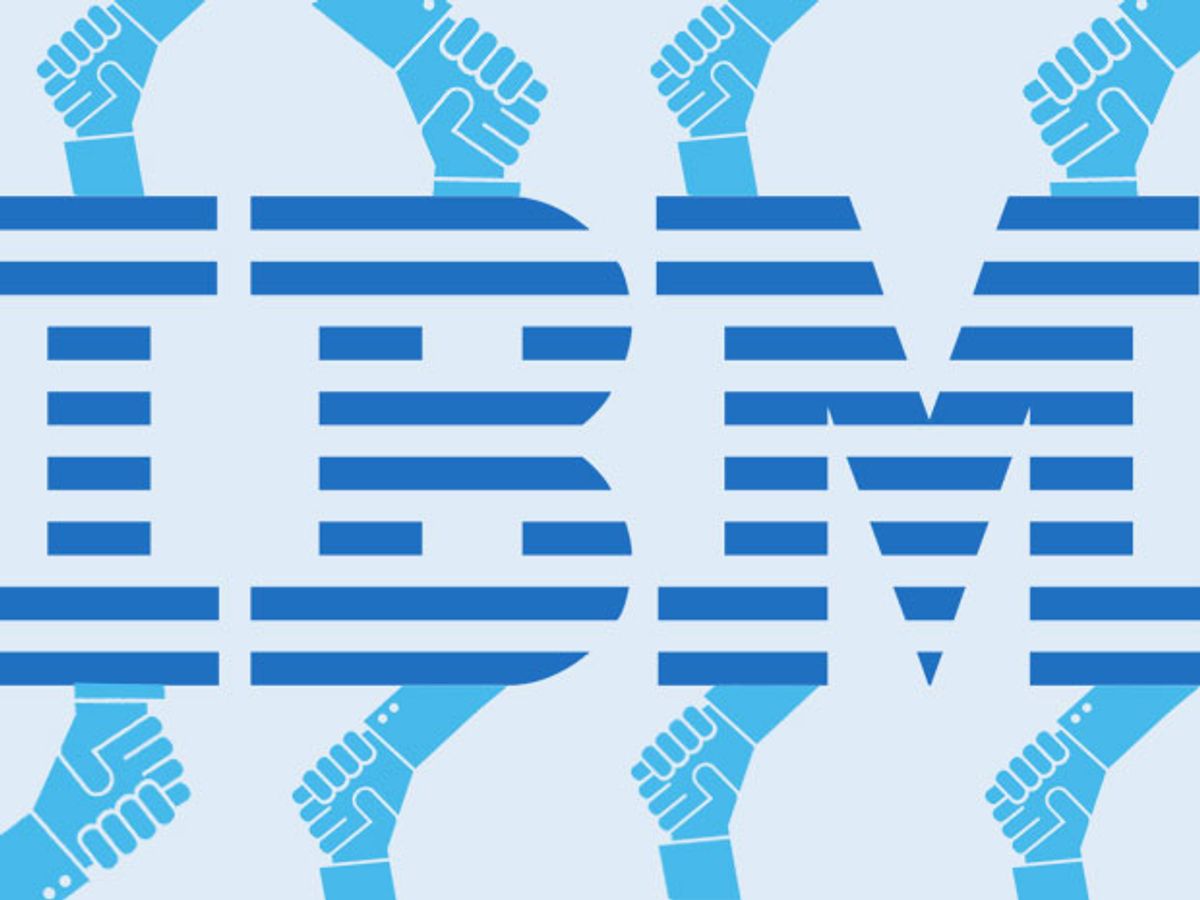IBM Watson has been buying some interesting companies and technologies lately:
- Cognea, a company that had developed a “conversational artificial intelligence program” meant to provide more natural interactions than current voice-controlled assistants like Siri and Cortana.
- AlchemyAPI, a company that provides natural language processing and image recognition as an on-demand service.
- Blekko, an alternative search engine known (as much as it was) for its classification and filtering of results
Looking at these capabilities all together provides some hints about Watson’s current weaknesses as well as IBM’s long-term plan for the system. All three are customer-facing technologies which provide different ways to interact with Watson’s collection of data and analytics capabilities.
In January 2014, IBM set aside US$ 1 billion to turn Watson into an actual business, because it’s generally been better at generating publicity than revenue. Despite all the potential that Watson the-general-purpose-AI might have, it’s still a bit unclear what Watson the business will do. For a large company that is having difficulty commercializing their own internal research, buying up smaller companies that already have users or customers is a common approach (Marissa Mayer’s buying spree at Yahoo comes to mind).
“IBM is notorious for producing a lot of 80-percent solutions,” says Seth Grimes, an industry analyst and consultant who organizes the Sentiment Analysis Symposium. “The technology is there, but you can't just open up a box, download the software, and have it run. I see Watson in that situation right now.” That’s in contrast with AlchemyAPI, which Grimes describes as a “market tested” platform that’s already had cutomers for years.
In addition to its web interface, AlchemyAPI also provides software development kits to support text analysis and image recognition in several programming languages. Watson does not have that kind of interface available, says Grimes. “They could build one, but for a company like IBM, it's faster, cheaper, and perhaps more feasible to buy it than to try to productize something out of their research organization,” he adds.
But for Watson to live up to IBM’s hopes, it will also have to be usable for non-developers. Cognea’s technologoy might be a step in that direction. Apple and IBM already had a deal to provide Siri with Watson data and analytics, but it’s clear that digital assistants have plenty of room for improvement. Current question answering systems (including the ubiquitous Google search) don’t have much context or state, says Grimes—each question is answered independently. But IBM aspires for Watson to have an interactive learning experience, so Cognea’s conversational model might help users give Watson better contextualized and refined questions.
Finally, the purchase of a search engine might reignite the idea that Watson will be a Google search competitor. “IBM aspires to assist knowledge workers,” says Grimes, “and Google is arguably in that same field.” After all, Google search results have evolved beyond simply listing links to web pages—the Google Now app on Android devices can provide all sorts of contextual information without ever opening a browser.
But the two companies have very different ideas about how to make money with such knowledge. As Chuck McMannis, Blekko’s VP of Engineering explained it in his comment on Hacker News:
Blekko's key mission has always been to try to find the needles in this exponentially growing pile of hay. And it is something that the folks at Watson really liked about our technology when we first met at their outreach program to connect with startups. That is what lead to their asking us to join them, and no, they weren't particularly interested in the stuff we had done to provide more topical advertising signals.
Joshua J. Romero is a software developer and journalist. A former IEEE Spectrum senior editor, he holds a bachelor’s degree in astronomy and physics from the University of Arizona and a master’s in journalism from New York University.



